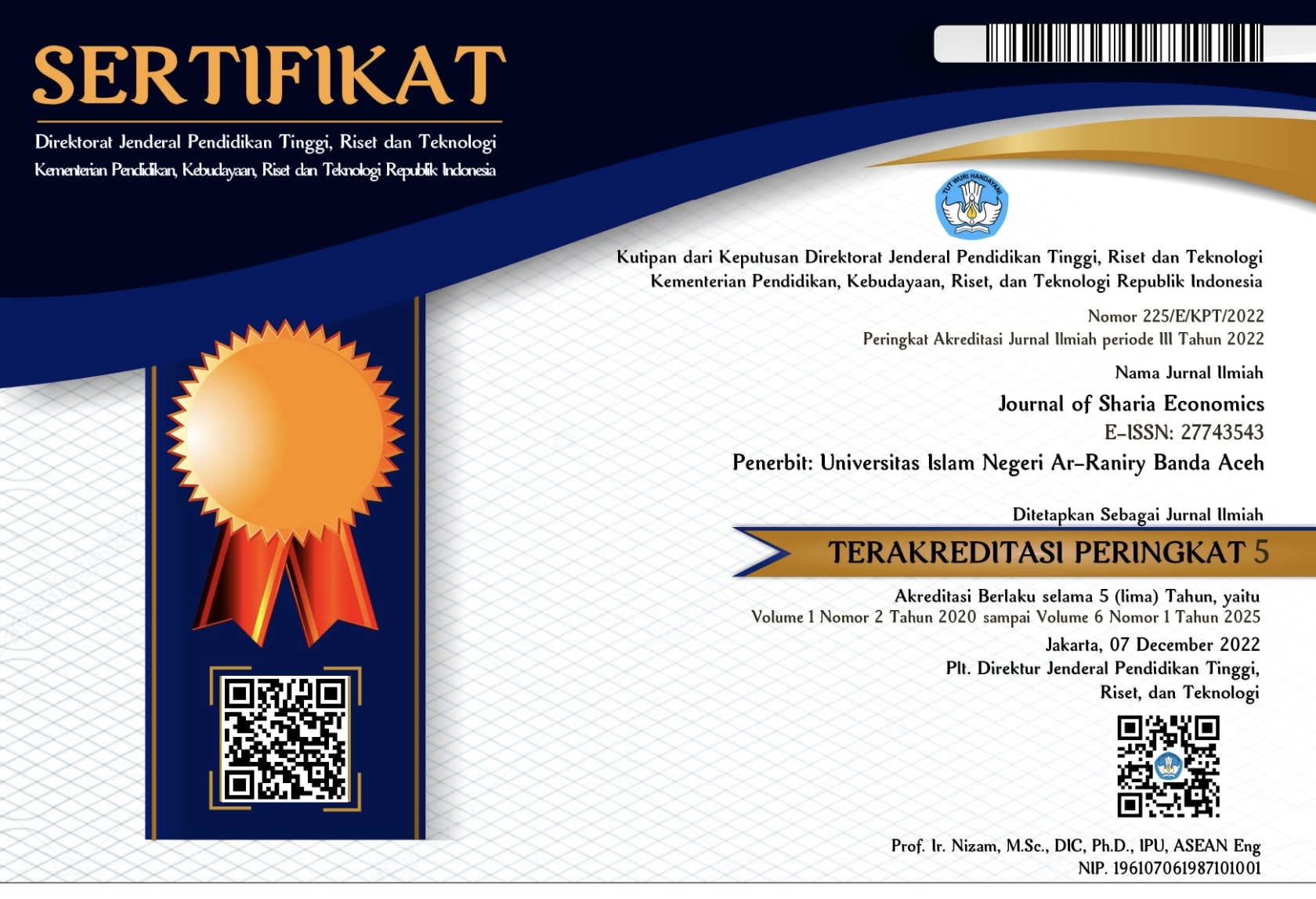SOCIOLOGICAL STUDY OF THE DEVELOPMENT OF ISLAMIC BANKING WITHIN THE LEGAL SYSTEM IN INDONESIA
DOI:
https://doi.org/10.22373/jose.v4i2.3413Keywords:
Shariah Banking, Sociological, Law, DSN MUI, KHESAbstract
The development of Islamic Financial Institutions (LKS), particularly Islamic banks, in Indonesia has seen significant growth, especially following the enactment of Law No. 21 of 2008 on Islamic Banking and Supreme Court Regulation (PERMA) No. 2 of 2008 on Shariah Economic Dispute Resolution. With the increasing number of institutions operating based on Shariah principles, various new issues related to Shariah compliance have arisen.Fatwas issued by the DSN-MUI hold legal authority in determining Shariah aspects in the economy, including banking. On the other hand, Shariah Economic Dispute Resolution (KHES) plays a role as a social control tool to manage practices not compliant with Islamic commercial law, especially in economics. This research, a descriptive qualitative study with a normative sociological approach, utilizes codified legal sources like KHES and DSN-MUI fatwas. The results suggest that, from a sociological perspective, KHES was developed as a response to the evolving landscape of Shariah economic practices requiring a legal framework. Stakeholders in Shariah economics and finance are expected to actively contribute to its improvement. DSN-MUI fatwas, in a social context, provide a solution for addressing non-compliant financial institutions, reconciling differences among scholars, and promoting Islamic principles in economics and finance.
Downloads
Published
Issue
Section
License
Copyright (c) 2023 Muhammad Kholili

This work is licensed under a Creative Commons Attribution 4.0 International License.












